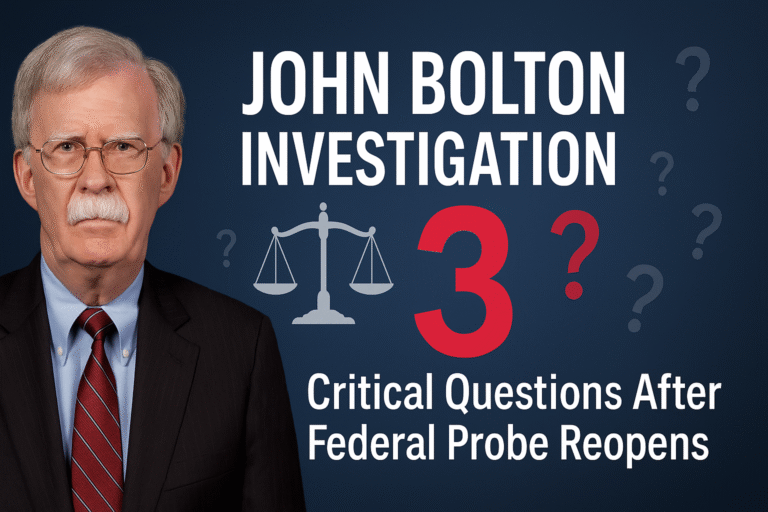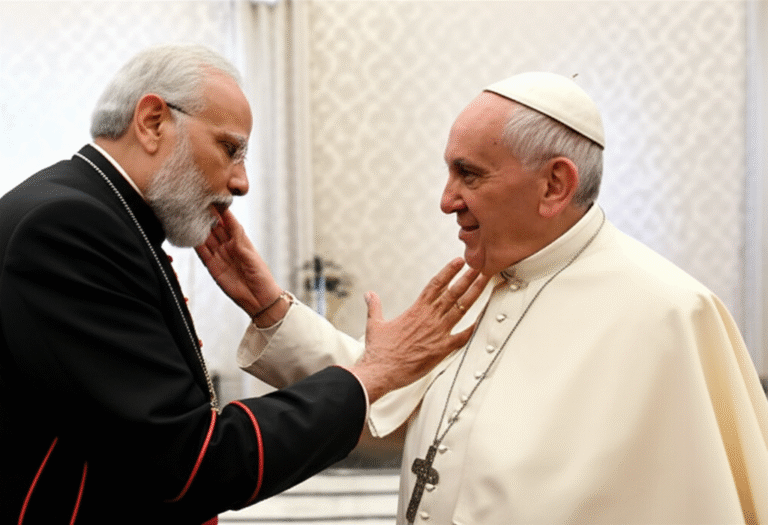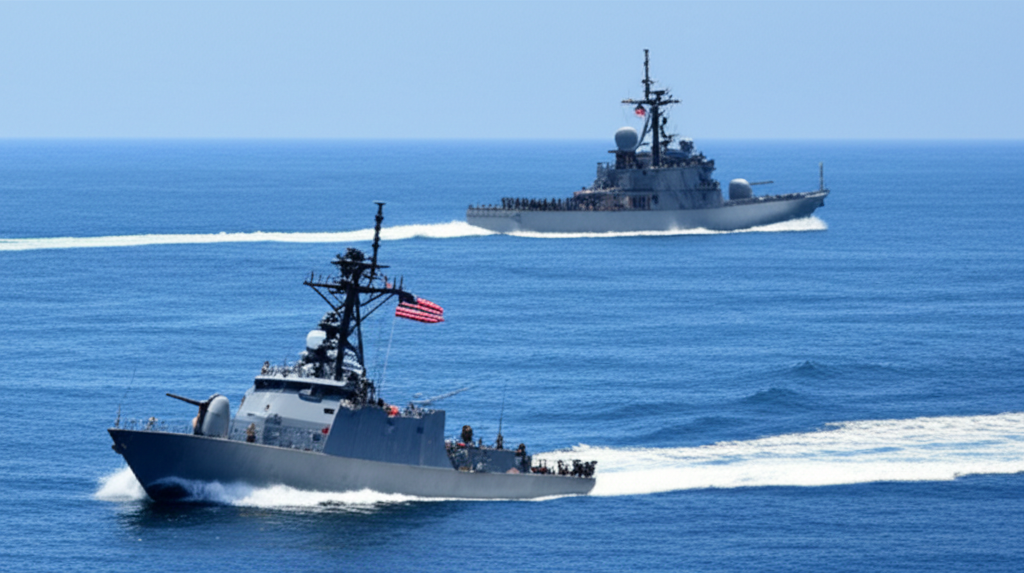
The United States military has reportedly carried out a second kinetic strike within a two-week period, targeting an alleged drug boat from Venezuela. This action, confirmed by U.S. President Donald Trump on Monday, resulted in the deaths of three men aboard the vessel, which was located in international waters. These **US military Venezuela strikes** underscore ongoing operations aimed at combating what the U.S. identifies as significant threats from drug trafficking in the region. The President’s direct orders for this engagement signal a high-level commitment to addressing these perceived challenges to national security and foreign policy. The incident follows an earlier strike, further highlighting the escalating nature of military interventions and the complex geopolitical landscape between the two nations.

President Confirms Second Kinetic Strike
President Donald Trump utilized his social media platform to announce the latest military engagement. He unequivocally affirmed the operation, providing a detailed statement:
“This morning, on my Orders, U.S. Military Forces conducted a SECOND Kinetic Strike against positively identified, extraordinarily violent drug trafficking cartels and narcoterrorists in the SOUTHCOM area of responsibility.”
He added, “These extremely violent drug trafficking cartels POSE A THREAT to U.S. National Security, Foreign Policy, and vital U.S. Interests.”
This direct statement from the President establishes the immediate authority behind the military action and specifies the nature of the targets as highly violent entities involved in drug trafficking and narcoterrorism. The mention of the “SOUTHCOM area of responsibility” delineates the geographical focus of these operations, indicating a strategic area important to U.S. security interests. This assertion provides the foundational rationale for the strikes, framing them as essential measures to safeguard critical U.S. governmental and international objectives. The President’s post also included a video, marked as “unclassified,” which visually depicted a vessel ablaze in unspecified waters. This visual evidence accompanied the official announcement, reinforcing the claims of its execution.
Earlier Operation and Venezuelan Response
The recent strike follows a prior U.S. military operation on September 2, also ordered by President Trump. That initial strike targeted a vessel in international waters, which was similarly alleged to be carrying drugs from Venezuela, resulting in 11 fatalities onboard. President Trump had identified these individuals as “positively identified Tren de Aragua (TDA) Narcoterrorists.” In response to this first U.S. military action, Venezuelan President Nicolas Maduro issued a strong denunciation, characterizing the strike as “unlawful.” President Maduro proceeded to accuse Washington of “fabricating drug trafficking claims to justify its regime change attempt,” indicating a profound mistrust of U.S. motivations beyond mere drug interdiction. He emphatically insisted that Venezuela is “free of coca cultivation and cocaine production,” directly refuting the U.S. basis for the drug trafficking allegations. As of the latest reports, the Venezuelan side has not yet provided any official comment on the second U.S. strike. This lack of immediate public response contrasts with the swift condemnation that followed the first incident.
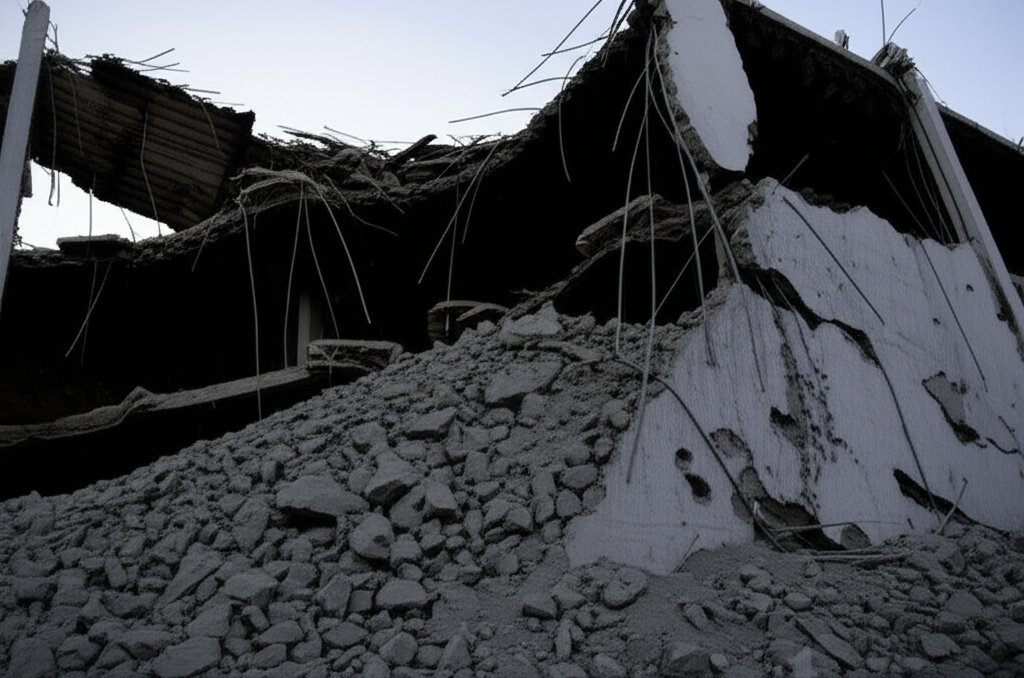
Severed Communication Channels and Regional Tensions
Further exacerbating the strained bilateral relationship, Venezuelan President Nicolas Maduro revealed during a press conference on Monday that communication channels between the United States and Venezuela have been effectively “severed by Washington.” This disclosure highlights a significant breakdown in diplomatic engagement, potentially hindering any efforts toward de-escalation or resolution. President Maduro attributed this diplomatic impasse to “threats and blackmail” originating from Washington, placing responsibility for the communication breakdown squarely on the U.S. Despite these alleged provocations, President Maduro emphasized that Venezuela has “managed to preserve peace,” underscoring a commitment to internal stability amidst external pressures. He also asserted Venezuela’s firm stance on national sovereignty, stating that the nation is “exercising its legitimate right to defend itself against political, diplomatic and potential military aggression.” This declaration signals Venezuela’s preparedness to counter what it perceives as various forms of external aggression.
Background
The recent U.S. military actions against alleged drug boats from Venezuela are part of an ongoing series of events impacting the strained relationship between the two countries. The sequence of operations began on September 2 when the U.S. military, under presidential orders, struck a vessel in international waters, reportedly killing eleven individuals identified as “Tren de Aragua (TDA) Narcoterrorists.” This initial strike was met with strong condemnation from Venezuelan President Nicolas Maduro, who deemed it “unlawful.” Maduro further accused Washington of “fabricating drug trafficking claims” to justify a “regime change attempt” and asserted Venezuela’s freedom from cocaine production. The U.S. President then announced a second strike on September 15, targeting another alleged Venezuelan drug boat in international waters, resulting in three fatalities. The Venezuelan government has not commented on this second incident. Concurrently, President Maduro stated that communication channels between the two countries have been “severed by Washington,” blaming “threats and blackmail.” He reiterated Venezuela’s commitment to peace despite U.S. “provocations” and its right to self-defense against various forms of aggression. These **US military Venezuela strikes** define a period of escalating tensions and direct military action.
- The U.S. military conducted two strikes against alleged Venezuelan drug boats.
- The first strike on September 2 resulted in 11 fatalities onboard a vessel.
- The second strike on September 15 resulted in three fatalities onboard a vessel.
- Venezuelan President Nicolas Maduro denounced the first strike as “unlawful.”
- Maduro stated U.S.-Venezuela communication channels have been severed by Washington.
For more information on these developments, please refer to the original reporting: [Source].
What’s Next
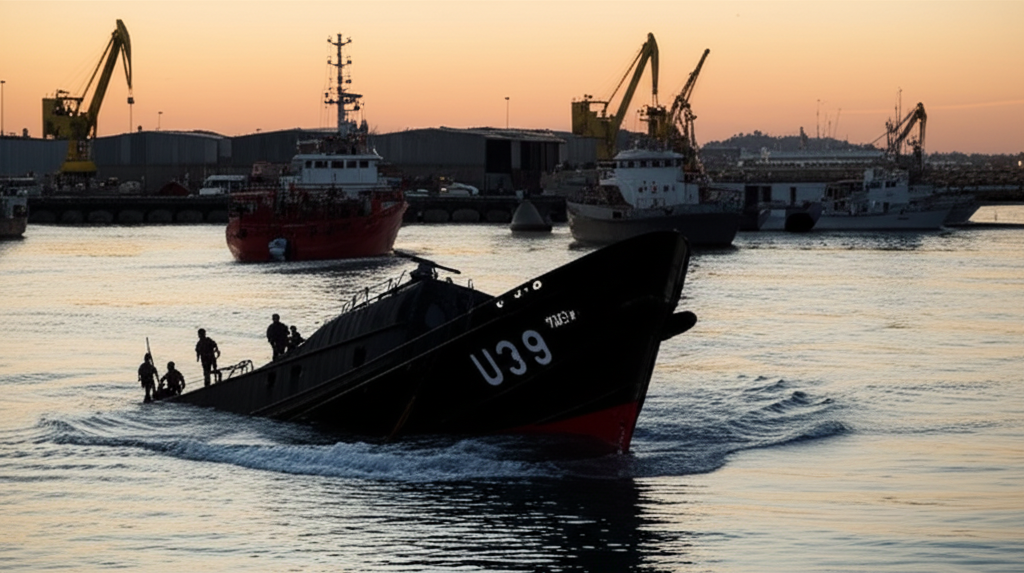
With repeated military actions and a significant breakdown in diplomatic communication, the future of U.S.-Venezuela relations remains highly uncertain. The U.S. President’s continued authorization of kinetic strikes against alleged drug trafficking vessels suggests an ongoing commitment to this assertive operational strategy within the SOUTHCOM area of responsibility. The U.S. government’s stated justification, citing threats to its national security, foreign policy, and vital interests, indicates a sustained strategic rationale for these interventions. On the Venezuelan side, President Maduro’s declaration that communication channels have been “severed by Washington” effectively closes avenues for direct diplomatic resolution concerning the escalating military actions. This absence of open dialogue creates a volatile environment, potentially increasing the risk of further misunderstandings or escalations. Venezuela’s firm stance on “exercising its legitimate right to defend itself against political, diplomatic and potential military aggression” signals its preparedness to respond to perceived threats from the United States. While Venezuela seeks to preserve peace despite U.S. “provocations,” the combination of continued military operations and severed diplomatic ties suggests a precarious balance.

